Story Highlight
– Flu season starts unusually early in the UK.
– Flu infections are three times higher than last year.
– Hospital admissions increased from 1.7 to 2.2 per 100,000.
– Early flu rise in children may impact adults soon.
– Eligible citizens urged to get vaccinated by November.
Full Story
Individuals eligible for the influenza vaccine are being strongly advised to secure their appointments promptly as the onset of flu infections in the UK has been notably earlier this year. The UK’s Health Security Agency (UKHSA) has raised alarms regarding the current flu season, highlighting an unusual surge in cases that are reported to be threefold compared to the same period last year.
Recent data released by the UKHSA indicates that flu infections have escalated this week, increasing from 6.1% to 8.2%. This rise is significantly attributed to surges in viral infections among school-aged children. Dr Alex Allen, a consultant epidemiologist at UKHSA, has stressed the importance of vaccination, calling it “our best defence.” He noted, “We’re seeing an unusually early start to the flu season this year, with the latest data showing a sharp increase among children but also increases in other age groups, with the virus now starting to spread more widely in the community.”
Dr Allen elaborated on the critical risk posed by the flu virus, especially for those eligible for vaccination, saying, “If you’re eligible for a vaccine, it is because you are at greater risk of severe illness – every year we see many thousands end up in hospital and far too many deaths from flu.” He underscored the urgency for those qualified to book their vaccination as soon as possible.
Currently, hospital admissions for flu in England have been reported at a rate of 2.2 per 100,000 individuals, reflecting an increase from previous figures of 1.7 per 100,000. Despite this rise being lower than recent peak seasons, it marks a substantial climb compared to the same time last year, which documented an admission rate of 0.2, and 1.2 in 2022.
Duncan Burton, England’s chief nursing officer, conveyed particular concern about the early emergence of flu cases among children, indicating that this trend often precedes a broader increase in adult infections. He warned that this could herald a “very challenging winter” ahead. “It’s vitally important those eligible come forward for their vaccine as soon as possible to avoid a long and drawn-out flu season,” Burton said. He also stressed the significance of annual vaccinations, stating, “The flu virus changes every year, so it’s important to get a vaccination each year to ensure your and your family’s protection, and to help reduce the spread to others.”
This proactive push for vaccinations aligns with emerging warnings from the Asia-Pacific region, where Japan has recently declared a flu epidemic and closed many schools as a precautionary measure.
The National Health Service (NHS) advises eligible adults to receive their flu jab by the end of November to ensure adequate protection ahead of the peak flu season. Vaccinations are available for various groups, including individuals aged 65 and over, younger adults within clinical risk categories, residential care home residents, and those who care for immunocompromised individuals. Pregnant women and frontline health and social care personnel, as well as children, are also included in the vaccination eligibility criteria.
Appointments for the flu jab can be arranged through local pharmacies, general practitioner (GP) clinics, and various community health centres that provide drop-in services. Additionally, parents are reminded to complete the necessary vaccination consent forms for their children who are in school or to schedule appointments for toddlers aged between two and three years old.
The overarching message from health officials is clear: swift action in securing flu vaccinations is essential to combat what could become a prolonged flu season and to safeguard public health during the upcoming winter months.
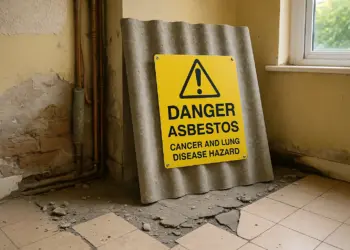






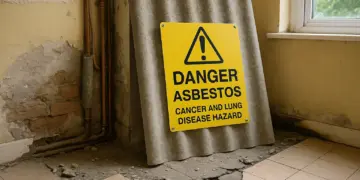


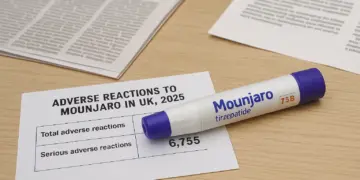






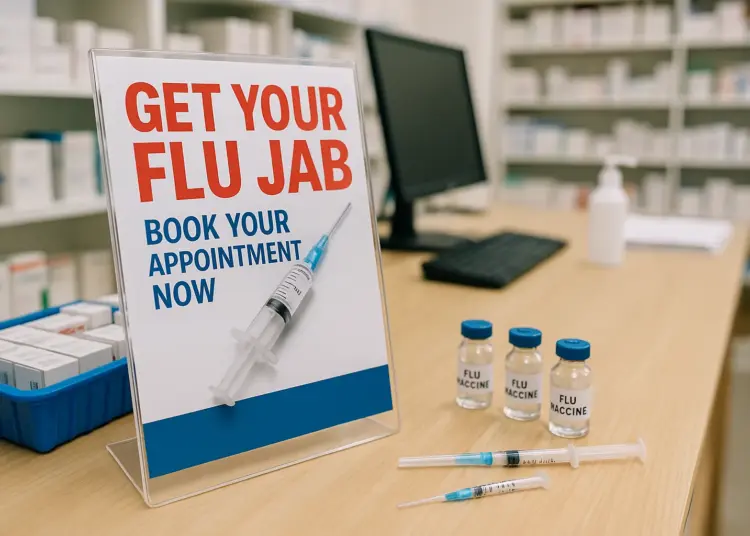
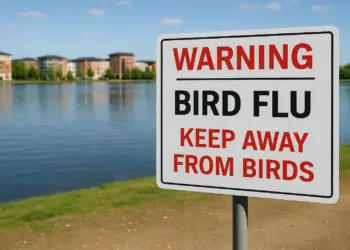
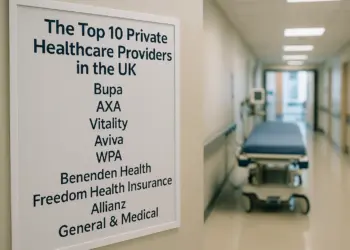



Getting vaccinated is a simple and effective step to reduce severe illness and help protect those most vulnerable. With cases rising quickly and hospitals already feeling the pressure, taking up the vaccine when eligible is a practical way to lower the burden on services and keep communities safer this winter.
Getting the flu vaccine as soon as you are eligible is the simplest and most effective step to reduce severe illness and ease pressure on hospitals. Vaccination protects vulnerable people who cannot be vaccinated and helps keep staff and services running through the winter. If you have any doubts about suitability or timing, speak to your GP, pharmacist or occupational health team.
Getting vaccinated now is the most practical step people can take to reduce pressure on hospitals and protect those most at risk. With cases already much higher than last year and children driving many of the infections, delaying immunisation will only increase the chance of severe illness and wider disruption. Employers and community leaders should support easy access to vaccines and encourage uptake so we can reduce transmission and protect services through the winter.